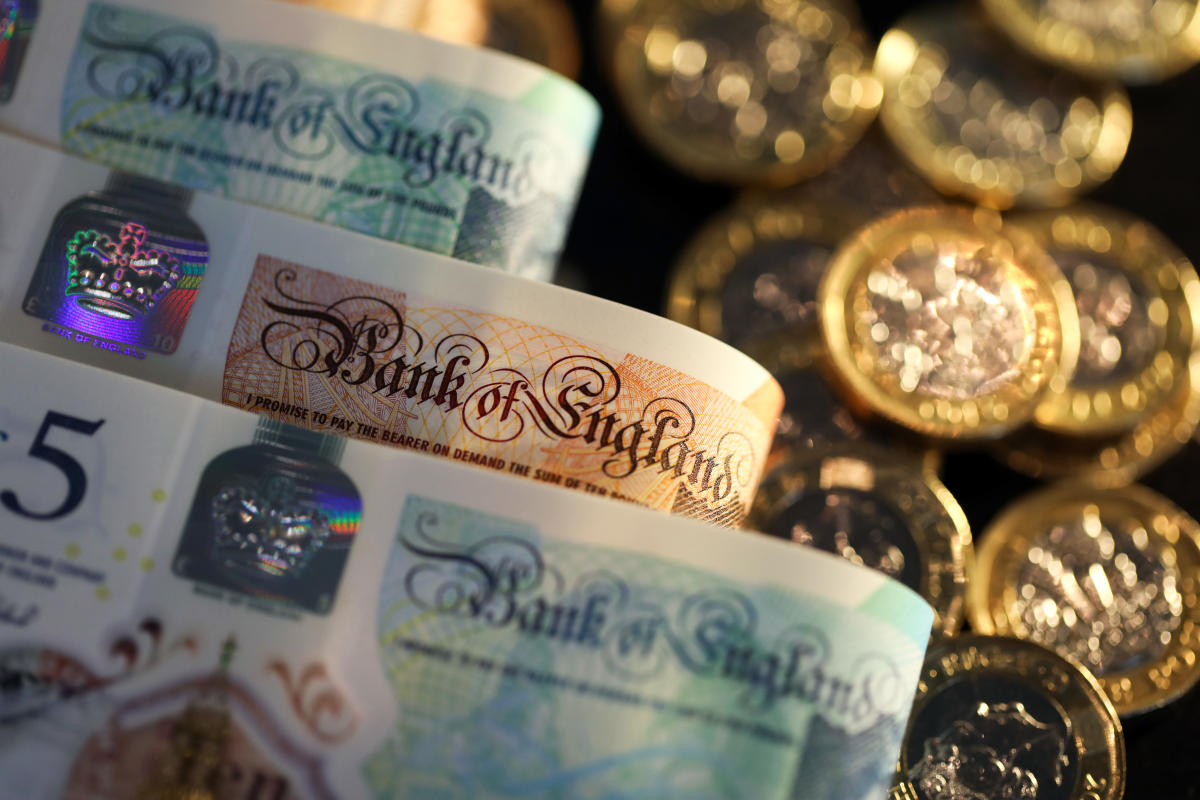It's not just old money that's a problem, plenty of people have experienced problems with Scottish notes or even the good old British £50 note.

There’s confusion about where you’ll be able to spend the old round pound from next week as the new 12-side £1 takes over.
It’s officially being taken out of circulation next Monday but several retailers – including Poundland and the Post Office – say they’ll still accept it for the rest of the month.
But can shops pick and choose which cash they accept? If you have legal lender don’t they have to accept it? And what can you do if they don’t?
It’s not just old money that’s a problem, plenty of people have experienced problems with Scottish notes or even the good old British £50 note.
The fact is that Scottish notes are real money. They are legal currency and therefore count as cash all over Britain. But most of us have at some time been met with puzzled looks and a refusal when we’ve proffered a Royal Bank of Scotland fiver or a Clydesbank tenner.
And there are numerous reports of shops refusing to accept a £50 over the counter.
Shopkeepers often turn away Scottish notes because of confusion while many stores refuse £50 notes because of security – they simply don’t want to risk handling such a high-denomination because it may be counterfeit.
Do you know what legal tender is? Most British banknotes aren’t actually legal tender across the country, which may be the reason why there’s such confusion about them.
According to the Bank of England, legal tender has a very narrow and technical meaning, which relates to settling debts.
It means that if you are in debt to someone then you can’t be sued for non-payment if you offer full payment of your debts in legal tender.
But what is classed as legal tender varies across Britain?
In England and Wales, it only refers to coins issued by the Royal Mint and notes from the Bank of England.
In Scotland and Northern Ireland only Royal Mint coins are legal tender – Scottish banknotes aren’t actually legal tender anywhere.
The definition of legal tender is further narrowed by the amount you try and use in any transaction as well.
No they’re not, they’re just not legal tender. But then neither are credit cards.
The fact is that most of us now pay by plastic cards and often used to pay by cheque. Neither is legal tender but shops are happy to accept them as payment for goods or services.
In short, what they choose to accept as payment is down to their discretion.
If you walk in with a bagful of coins, for instance, they can refuse simply because they don’t want the bother of counting them all.
For the same reason, they can say no to £50 notes because they think it’s too much of a risk to accept them and Scottish notes because they feel a little uncomfortable about them.
In fact they don’t have to give you a reason. If they don’t want to take your money, they don’t have to.
You don’t really have any rights. If a shopkeeper refuses a transaction, your only real option is to just go elsewhere.
You can’t force them to accept your cash or report them to the authorities if they don’t.
As the Bank of England says: “Whether you pay with banknotes, coins, debit cards or anything else as payment is a decision between you and the other person involved in the transaction.”
You can still spend, deposit or donate old £1 coins until 23:59 on Sunday 15 October 2017 as normal. After then the coins will no longer be legal tender.
But if you do find old coins after that date in a jacket pocket or down the sofa, you’ll still be able to cash them in at your bank or the Post Office.
Banks that will accept the coins include the Bank of Scotland, Barclays, Clydesdale Bank, Halifax, HSBC, Lloyds Bank, Nationwide, NatWest, RBS, Santander, Ulster Bank and Yorkshire Bank.
Retailer Poundland says it will also accept the old coins in all of its UK stores up until Tuesday 31 October 2017.
The above is the detailed content of Can shops refuse to accept Scottish notes or £50 bills?. For more information, please follow other related articles on the PHP Chinese website!
 What should I do if the Chinese restart setting of vscode does not take effect?
What should I do if the Chinese restart setting of vscode does not take effect? What are character constants
What are character constants The difference between arrow functions and ordinary functions
The difference between arrow functions and ordinary functions ubound function usage
ubound function usage Recommended order for learning c++ and c language
Recommended order for learning c++ and c language How to decrypt bitlocker encryption
How to decrypt bitlocker encryption bios cannot detect solid state drive
bios cannot detect solid state drive Unable to connect to the internet
Unable to connect to the internet



